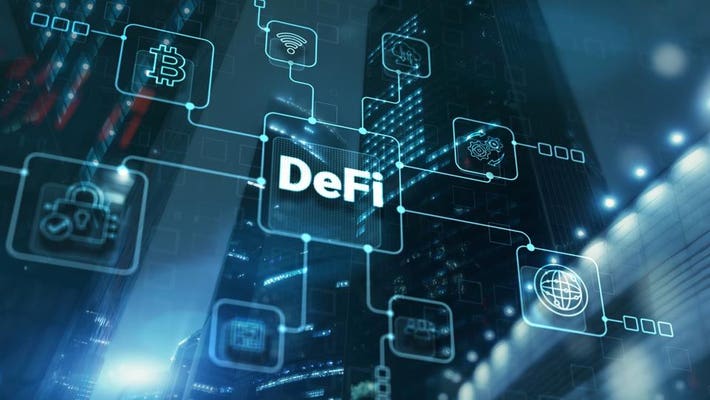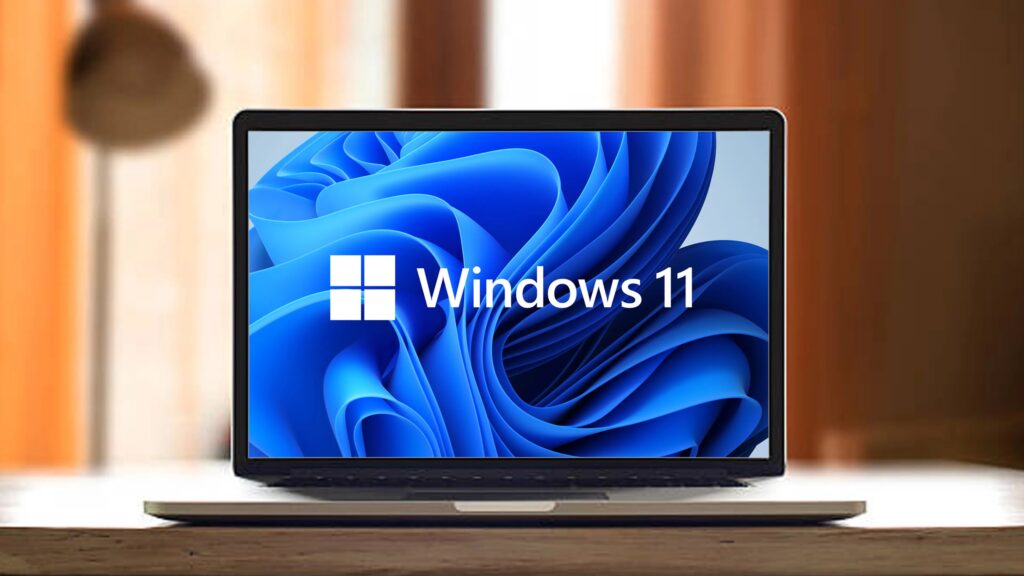The current financial system is primarily based on government-issued currencies and large banking institutions that act as trusted intermediaries in transactional relationships. Fiat currency provides stability to financial markets, while banks enhance productivity by issuing credit, managing counterparty risk, and streamlining payments. However, this system has its drawbacks. The value and flow of capital are controlled by centralized authorities, leading to process inefficiencies, market vulnerabilities to censorship, limited access to capital, and prolonged contract life cycles.
Decentralized Finance (DeFi) offers an alternative by transferring the control of monetary and banking infrastructure from centralized authorities to a decentralized network owned by market participants. Instead of relying on centralized servers and money issuance, DeFi allows money and markets to operate autonomously through distributed software protocols. These protocols, such as Ethereum, Polygon, Polkadot, and Solana, maintain reliable consensus on the network’s state.
The DeFi infrastructure is built on verifiable open-source code and provides permissionless access to anyone globally. Its decentralized security ensures tamper-proof execution. By replacing human trust with code, DeFi fosters new trust dynamics in financial markets and has the potential for significant network effects, as DeFi applications are accessible worldwide and open for development.
This blog will explore how DeFi influences the future of crypto and the broader digital financial landscape.
Table of Contents
Decentralized Finance (DeFi)
The term decentralized finance (or DeFi for short) covers services similar to those of regular banks but located on the decentralized public blockchain (think Ethereum). In DeFi, you can do many things one would do in a bank: earn interest, borrow, lend, get insurance, trade derivatives, and swap all kinds of assets, all quicker and with no paperwork or intermediaries. Like most other things about cryptos, DeFi is global, peer-to-peer (i.e., direct engineering between nodes without a centre), pseudonymous, and open to all.
Benefits
Let’s explore some of the benefits of DeFi:
1. Financial Inclusion:
Through DeFi, one can provide financial services to populations usually lacking banking services, including those previously unbanked or underbanked.
2. Better safety:
DeFi is decentralized, which means it is harder to hack and defraud than, say, a centralized exchange.
3. Greater competition:
DeFi serves as a threat to centralized exchanges as it introduces greater competition to the space and gives users more choices.
4. Lower Fees:
DeFi platforms offer lower fees as compared to traditional exchanges.
Defi Applications
Let’s explore some key DeFi applications.
Stablecoins
One of the foundational building blocks of DeFi consists of stablecoins, digital assets (tokens) that are pegged to fiat currencies, like the US dollar, or other assets, using different forms of protocol-controlled monetary policy. The explosive growth of the DeFi system and the skyrocketing value of tokens within it have seen stablecoins become an increasingly essential form of wager in the otherwise volatile crypto markets. It is not an exaggeration to claim that, as of now, they are valued at more than $150 billion in total.
Decentralized Exchanges (DEXs)
On decentralized exchanges, you can simply create and list new tokens and have almost instant access to liquidity and a large user base. Without having to manage listings on centralized exchanges, users can trade tokens directly with each other, facing only permissionless and non-custodial smart contracts.
Yield Farming
One of the DeFi innovations that arguably plays a role in all of the above categories is ‘yield farming’ or ‘liquidity mining’, the practice of incentivizing holders of crypto-based tokens to provide liquidity to a project (enabling exchanges, new token pairs, increased presence in key pools), and in so doing, setting aside some of the tokens for distribution to those liquidity providers, which both encourages good behaviour and helps to spread participation more evenly, promoting more active, attentive communities who have skin in the game.
Conclusion
The importance of decentralized finance (DeFi) platforms for crypto is undeniable. These platforms have transformed traditional financial systems by providing an unparalleled approach via disintermediation, financial inclusion, innovative investment prospects, improved security and transparency, and also the democratization of financial services.
DeFi systems have played a significant role in enhancing crypto market liquidity and global crypto adoption by enabling voluminous trading.
But the consequences of DeFi’s uphill march will be far-reaching as this sphere continues to grow, both in total value in US dollars and public acceptance. The possibilities of DeFi are boundless and ever-expanding. Innovation today comes in many forms, including DeFi protocol evolution and new DeFi use cases such as decentralized insurance, prediction markets, or decentralized identity solutions.
And so, at the end of the day, all the various DeFi ecosystems that have popped up have highlighted a very important overhaul in the financial market’s mindset: blockchain technology can revolutionize banking and give power back to individuals, a situation that can completely transform the way finance works.
Trade ETH to INR with ZebPay, India’s oldest and most trusted crypto exchange.
Disclaimer: Crypto products and NFTs are unregulated and can be highly risky. There may be no regulatory recourse for any loss from such transactions. Each investor must do his/her research or seek independent advice if necessary before initiating any transactions in crypto products and NFTs. The views, thoughts, and opinions expressed in the article belong solely to the author, and not to ZebPay the author’s employer, or other groups or individuals. ZebPay shall not be held liable for any acts omissions, or losses incurred by the investors. ZebPay has not received any compensation in cash or kind for the above article and the article is provided “as is”, with no guarantee of completeness, accuracy, timeliness, or of the results obtained from the use of this information.














